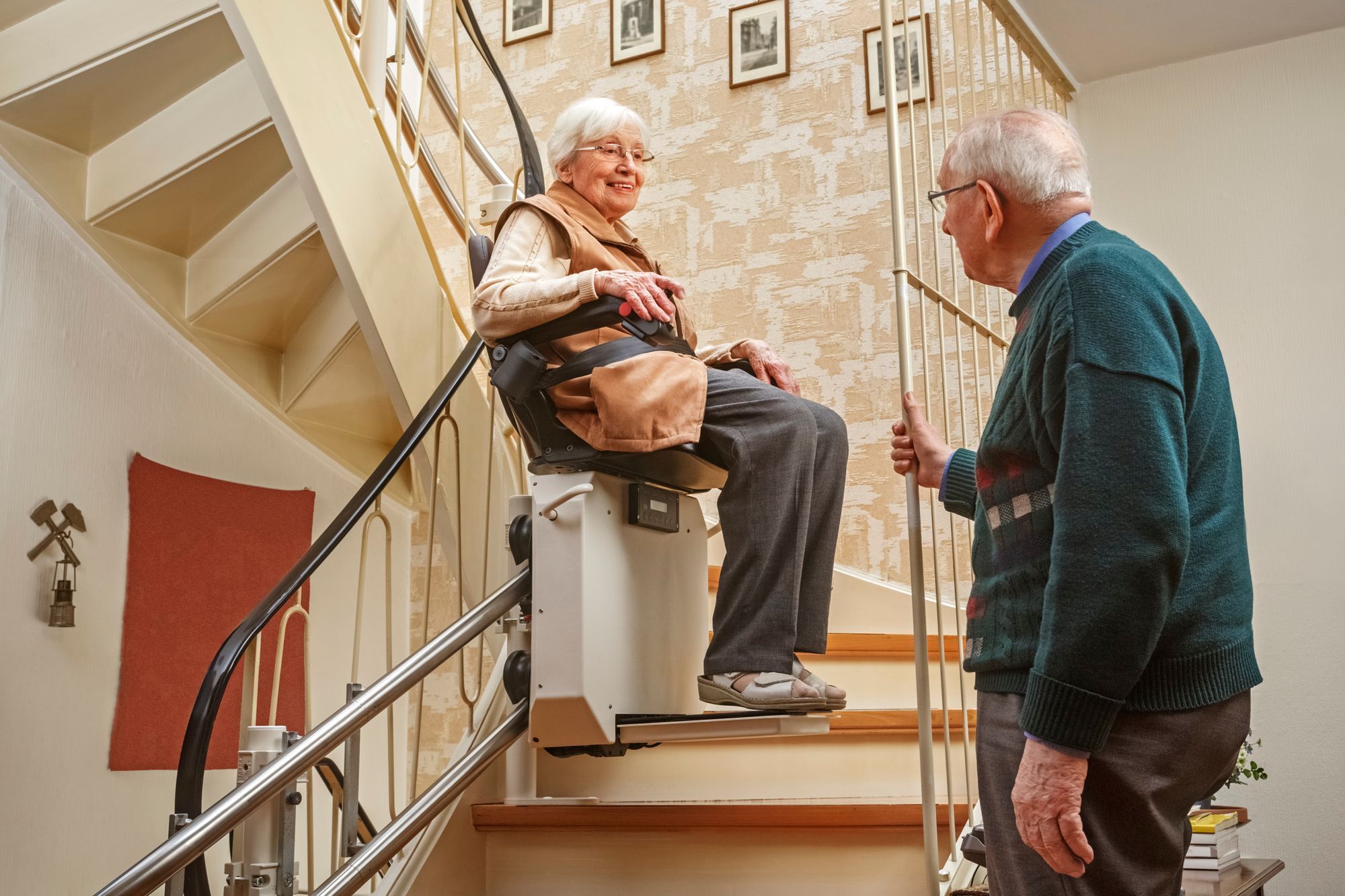Admitting you have an alcohol or drug problem is the most difficult step in your recovery journey. Medical science has derived many effective ways of dealing with such issues, yet treatments for addiction remain underutilized.
Most people don't go to rehab or seek alternative treatments because of stigma and because they can't admit to having a problem. But when substance abuse stat causing many negative effects in your life, it’s time to seek help. Once you accept you have an addiction, you are already one step closer to recovery.
Many people get confused when figuring out whether their addiction is bad enough to go to rehab. You don't have to hit rock bottom before you find help. If you are questioning whether you need help, chances are you do. Keep reading for some helpful insights.
How Bad Is Your Addiction?
If your substance use starts to affect your social life, relationships, career, and other aspects of your life, it's an addiction. Thinking that you can easily control it will only make the situation worsen. Addiction is diagnosed in many ways depending on the severity of your condition. But for a quick diagnosis, see how many boxes you tick on this list.
- Lack of control
- You have the desire to quit but are not able.
- Spending most of your time trying to access the substance
- Cravings
- Lack of responsibility
- Issues with your relationships
- Lack of interest
- Dangerous use
- Worsening situation
- Tolerance
- Withdrawal
If all of these points apply to you, you have a serious addiction problem. If two or three of them apply, you have a mild substance abuse issue. It doesn't matter if it's mild or severe; you should still seek help. You may have seen some of these things happening, but you ignored them and convinced yourself you could handle them. Waiting too long will make your recovery even tougher.
High-Functioning Addict
It’s possible to hide your addiction behind a successful career. But eventually, the substance abuse will catch up with you. A functioning addict fulfills all of their job, family, and friendship duties. If you can maintain a certain level of success at work while abusing drugs or alcohol, you fit into this category of addicts.
It's like you live a double life, which can be very hard to keep up. The biggest issue with these types of addicts is denial. It's hard to admit you have an issue when all parts of your life are running smoothly. You will feel like you are in control, yet the addiction worsens.
Some people will struggle with the addiction for years before things fall apart. Sometimes it takes a life-threatening event like an accidental overdose or DUI to force someone to address their addiction issue. Do not be like those who wait for something terrible to happen before acting. If you suspect you are a high-functioning addict, it's time to seek help.
What If The People Close To You Don’t Acknowledge Your Addiction?
It's possible to admit that you have substance abuse issues, but your friends and family tell you that you don’t. Sometimes they tell you that because they don't want to lose a drinking buddy. It can also be because they also have a problem, and you admitting it may force them to face their own demons. Your true friends will ensure you get sober, and they will support you throughout the whole treatment process.
If you are not comfortable telling your friends about your addiction, it may be because your relationship doesn't allow such kind of honesty. You are probably scared of ruining the relationship with your news. If you find yourself in this situation, maybe it's time to find new friends.
It can be harder for your family and friends to grasp that you have an issue when you have been hiding that part of your life from them. If it's the first time they are hearing about it, they will have some conflicting opinions to tell you.
Friends and family are essential, but they can't offer you a proper diagnosis unless they are professionals. It's okay to share your problem, but you don't have to follow what they say religiously. If you know there is an issue deep down, take the right steps and find help.
Your addiction will keep getting worse
If you get a diagnosis and realize the problem is still mild, that shouldn't make you relax. The addiction will keep getting worse over time. It's better to address it before it gets out of hand. Once you take the addiction test and realize there is a problem, start your treatment immediately.
Addiction is like any other disease; the earlier you catch it, the better. The longer you wait, the more dependent you become on the substance, and the harder it will be to quit. Follow all the professional's advice and find a rehab immediately.
Understandably, taking time from your busy to go to rehab is tricky but necessary. You have to take care of yourself first before taking care of anything else.
Rehab Is Your Best Bet at Recovery
Most people want to skip the rehab part and go straight into the other steps in recovery, but unfortunately, it doesn't work like that. Beating alcohol or drug addiction requires you to eliminate physical dependence and tackle behavioral issues. Quitting alone will not be helpful; you also need to change how you behave.
When you are in rehab, you will have professional help to help you navigate withdrawal and behavioral change. Medically assisted detox is way safer than you trying to do it alone in the house. Some withdrawal symptoms are life-threatening. When you know you are physically dependent on the substance, find a rehab that offers medically assisted detox because not all of them do.
Remember, addiction is a lifelong disease, and rushing the treatment might not work. Taking your time to go through the whole process will help you learn how to beat your addiction repeatedly in case it comes back later. Give rehab a serious consideration, and look for a program that will work for you. Rehab also allows you to be part of a community with people that are battling the same disease.



